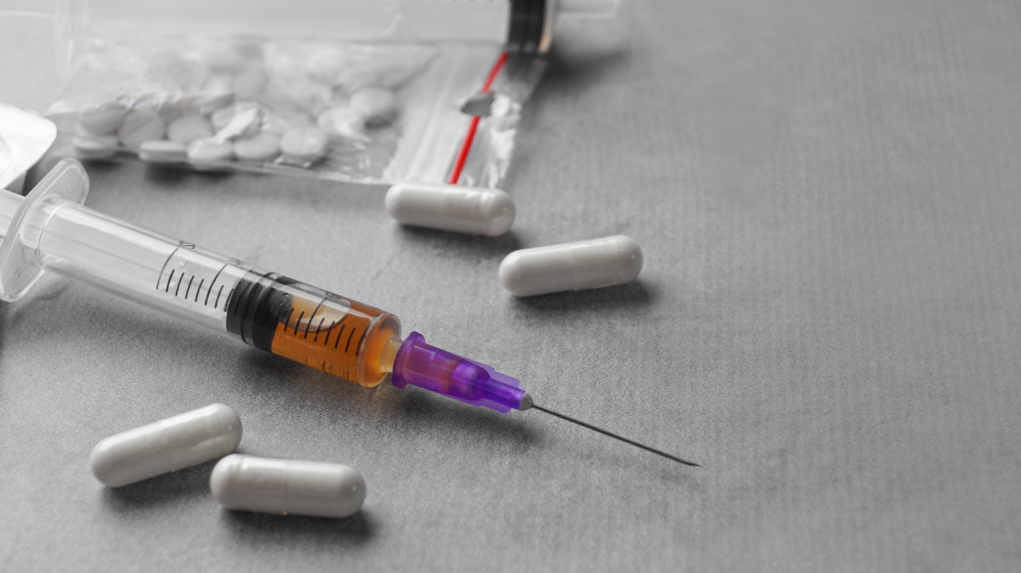
Introduction
Substance abuse among youth is a growing concern with profound implications for health, prospects, and societal well-being. The recent spike in HIV cases in Tripura, linked to injectable drug abuse among students, exposes how unprepared we are as parents, educators, and a society to prevent such destructive behaviors. This article highlights the critical roles parents can play in preventing substance abuse, emphasizing the importance of early identification and support.
Severity of Substance Abuse in India
Substance abuse is a significant issue in India, affecting millions. According to a report from the Ministry of Social Justice and Empowerment, there are over 8.5 million people (about half the population of New York) in India who use drugs. A 2019 survey estimated that around 22.6 million people (about the population of New York) used opioids, with approximately 7.7 million people (about twice the population of Oklahoma) struggling with opioid use disorders. These alarming figures indicate the urgent need for effective preventive strategies and interventions.
Here's the bar chart illustrating substance abuse statistics in India:
People who Inject Drugs (PWID): 850,000
Opioid Users: 2,100,000
Cannabis Dependents: 5,700,000
Sedative Users: 11,800,000
Alcohol Users: 14,600,000 (marked in blue)
Alcohol Dependents: 2,700,000 (marked in blue
Reference Article: "The Problem of Drug Abuse in India" by Ramsey Tedela
(Annual Report 2018-19 of the Ministry of Social Justice and Empowerment)
The Case Study: Substance Abuse in Tripura
Recent Spike in HIV Cases Tripura has seen a significant increase in HIV cases, primarily due to injectable drug abuse among students. From April 2007 to May 2024, 828 students registered for Antiretroviral Treatment for HIV infections. In 2022-23, 1,847 new HIV infections were detected in Tripura, with a positive rate of 0.89% and 67 deaths. The following year, 1,790 new infections were identified, with a slightly higher positive rate of 0.92% and 44 deaths.
Government Actions Tripura AIDS Control Society (TSACS) has taken steps to address this crisis by providing free Antiretroviral Treatment to affected students. Despite these efforts, the situation underscores the need for preventive measures and highlights the lack of preparedness in dealing with substance abuse among youth.
The Importance of Preparedness and Early Identification
(5 Crucial Roles Parents Play in Preventing Substance Abuse Among Youth)
The Tripura case illustrates the devastating consequences of unpreparedness. Parents, educators, and society must be proactive in identifying and addressing substance abuse early. Early identification and intervention can prevent the escalation of substance use and reduce the risk of severe outcomes, such as HIV infection and other health issues.
1. Open Communication Maintaining open lines of communication with children is crucial. Encourage honest discussions about the dangers of drugs and alcohol, creating a safe space for children to share their experiences and concerns.
Consequences of Silence Without open communication, children may seek information from unreliable sources, increasing their risk of substance abuse.
Prevention Tips
Regularly initiate conversations about substance abuse.
Listen actively and without judgment.
Be approachable and supportive.
2. Set Clear Expectations Establishing clear rules and expectations about substance use can significantly influence children's choices. Ensure they understand the consequences of drug and alcohol use and consistently enforce these rules.
Consequences of Ambiguity Unclear guidelines can make children more susceptible to peer pressure and risky behaviors.
Prevention Tips
Clearly communicate expectations regarding substance use.
Consistently enforce rules and explain their importance.
Set a good example by following these rules yourself.
3. Be a Role Model Children often mimic their parents' behavior. Demonstrate healthy habits and a responsible attitude towards substances, showing that you live by the values and rules you set for them.
Consequences of Contradiction If parents exhibit behaviors that contradict the rules they set, children may perceive substance use as acceptable.
Prevention Tips
Exhibit healthy lifestyle choices and avoid substance misuse.
Share personal stories and experiences about making healthy decisions.
Engage in family activities that promote well-being.
4. Get Involved in Their Lives Active involvement in your child's life can deter substance abuse. Attend their events, get to know their friends, and stay aware of their activities. This involvement not only strengthens your bond but also helps identify any warning signs of substance use early on.
Consequences of Detachment Lack of parental involvement can lead to feelings of neglect, making children more vulnerable to seeking acceptance through harmful behaviors.
Prevention Tips
Participate in school and extracurricular activities.
Foster relationships with your child's friends and their parents.
Monitor changes in behavior or social circles.
5. Educate and Empower Provide your children with accurate information about the risks of substance abuse. Equip them with skills to resist peer pressure and make informed decisions. Empower them to make healthy choices by fostering self-esteem and resilience.
Consequences of Ignorance Children who are uninformed or misinformed about the risks of substance use are more likely to experiment and face the consequences.
Prevention Tips
Offer resources and information on the dangers of substance abuse.
Teach decision-making and problem-solving skills.
Encourage self-confidence and assertiveness in social situations.
Preparedness as a Key Element in Prevention and Support
The importance of preparedness cannot be overstated. Mental Health First Aid (MHFA) India can support parents, educators, and communities with early intervention strategies and Training programs. By equipping individuals with the knowledge and skills to recognize and address substance abuse early, Mental Health First Aid India helps prevent the escalation of drug use and its associated consequences.
Conclusion
Parents have a crucial role in preventing substance abuse among youth. The Tripura case, marked by a spike in HIV cases due to injectable drug use, highlights the urgent need for proactive parental involvement. Preparedness and early identification are essential, and support from initiatives like Mental Health First Aid India can further strengthen these efforts. Together, we can create a healthier, safer future for our youth.


